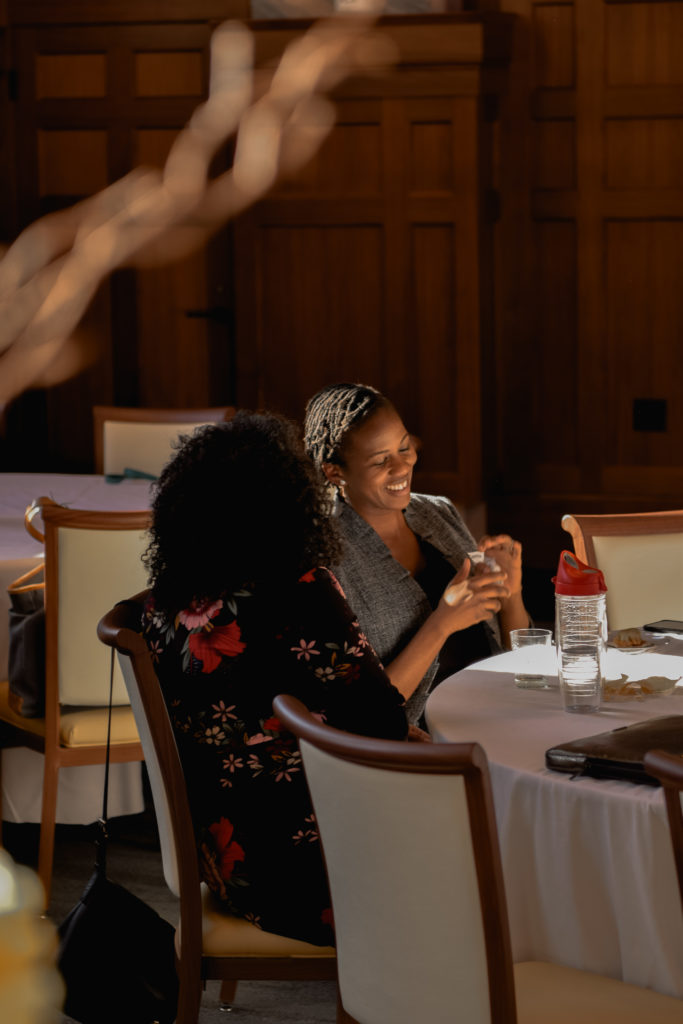About the Program
FIRST is the largest and longest continuously-running biomedical postdoctoral training program in the nation.
The program is a historic collaboration between Emory University and the HBCU’s of the Atlanta University Center: Morehouse, Spelman, Clark Atlanta, and the Morehouse School of Medicine and is funded out of the Institutional Research and Academic Career Development Awards program of the National Institute of General Medical Sciences at the NIH. FIRST and other IRACDA programs fill a vital niche that was previously crucially missing from the path to top careers in science: postdoctoral fellowships with built-in strong and intentional academic community and mentorship. Such programs attract and benefit everyone, but especially women and underrepresented groups.
FIRST integrates rigorous training and mentoring in research with similarly rigorous experiences in teaching at the HBCU’s. While the diversity of the program is striking— nearly half of the ~200 FIRST alumni are African-American and three-quarters are women— what makes FIRST successful, as reported by the fellows, is the socio-intellectual community and network that the program creates. This ‘community effect’ helps explain why virtually all FIRST alumni are still active in science— as professors, researchers, educators, and policy makers— at a rate 25X the national average for African-Americans and 2X that for women.
Half of FIRST fellows consistently report that they would not have continued in science at all if not for a program like FIRST.

In their words
This community is why I had the confidence to apply to faculty positions, why I felt confident in leading a classroom of 100 students from the start of my faculty position, and why I put my research ideas out there for consideration.
Sarah Stabenfeldt
I rarely, if at all, saw anyone that looked like me—in my classrooms, at the doctor’s office or even on television. I had no idea how this lack of representation in these spaces would have such a profound impact on my identity or my perceived potential to succeed.
Derrick Morton
I’m now carrying forward the different experiences I gained in research, mentoring, teaching, and service to continue making the best impact I can at the University of Missouri.
Jordan Booker
The quality and impact of research on public health is improved with a diverse workforce and it pays forward. I realized that I could effectively serve as an ambassador for women in science and make an impact through mentoring undergraduate and graduate students as the principal investigator of my own laboratory.
Laurie Krug Stadtman
FIRST seemed to be written for me: a minority postdoctoral fellow who saw no Hispanic and very few female professors around her.
Val Haftel
Throughout my teaching career, I have opted to stretch and place myself in sometimes uncomfortable, unfamiliar, yet highly rewarding situations.